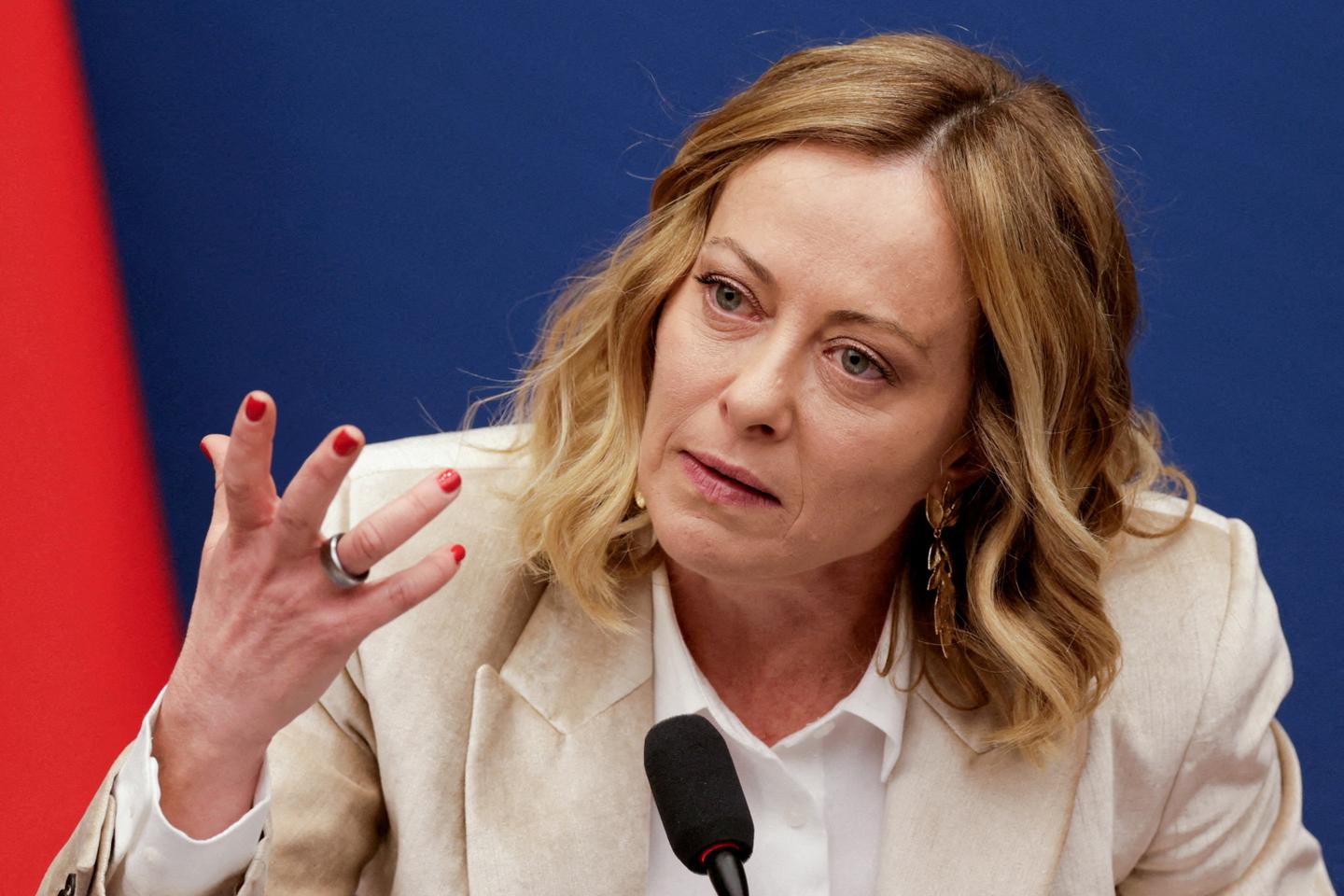The development is sending shockwaves through Italian politics and the international justice community. Italy’s Prime Minister Giorgia Meloni finds herself at the center of a judicial investigation following Italy’s controversial release of Osama Najim, a Libyan police chief wanted for war crimes. The case has exposed the delicate balance between international legal obligations and national interests, and raises questions about Italy's commitment to global justice mechanisms.
The events unfolded rapidly in mid-January 2025, when Italian authorities in Turin apprehended Najim based on an International Criminal Court (ICC) warrant. The warrant detailed serious allegations against him, including murder, torture, and sexual violence committed during Libya's ongoing civil strife. However, what followed his arrest has become a matter of intense scrutiny: within 48 hours, Najim was freed and transported back to Libya aboard a government aircraft, in what critics describe as an unprecedented circumvention of international justice protocols. The Italian government's official position, as stated in court documents and press releases, is that procedural irregularities in the ICC's documentation necessitated Najim's release. However, legal experts from the University of Rome's International Law department have pointed out that such procedural issues typically require weeks or months of review, not the mere hours taken in this case. The unusual haste has led to speculation about potential political interference at the highest levels of government.
The investigation into Meloni's role comes at a particularly sensitive time for Italy's foreign policy. According to a recent analysis by the Mediterranean Affairs Institute, Italy has significantly expanded its economic ties with Libya, particularly in the energy sector. ENI, Italy's state-owned energy company, has recently signed several major gas exploration contracts with the Libyan National Oil Corporation, deals that industry observers suggest could be worth billions of euros. The migration aspect adds another layer of complexity to the situation. Data from the Italian Interior Ministry shows that cooperation with Libyan authorities has led to a 30% reduction in irregular migration across the Mediterranean in the past year, a key achievement for Meloni's right-wing government. This success, however, has come under criticism from human rights organizations, who argue that it has been achieved at the cost of humanitarian considerations.
The legal implications of the case extend beyond Italy's borders. The Rome Statute, which established the ICC and to which Italy is a signatory, creates clear obligations for member states to cooperate in apprehending and transferring suspects wanted for international crimes. Former ICC prosecutor Luis Moreno Ocampo, in a recent interview with La Repubblica, emphasized that selective enforcement of these obligations threatens to undermine the entire international justice system. Political opponents have seized upon the controversy. The parliamentary leader of Italy’s Partito Democratico (PD) has called for a special session of parliament to discuss the matter, while constitutional lawyers debate whether Meloni's actions could constitute an abuse of power under Article 323 of the Italian Criminal Code. The situation has created unusual alliances, with some members of Meloni's own coalition expressing concerns about the potential long-term damage to Italy's international credibility.
The impact on Italy's diplomatic standing has been immediate. The European Commission initiated a review of Italy's compliance with EU justice cooperation agreements, while several European Parliament members have called for sanctions if investigations reveal deliberate obstruction of international justice. The United Nations High Commissioner for Human Rights has also expressed "serious concern" about the precedent set by Najim's release. As the investigation proceeds, the implications for Italian democracy and international justice hang in the balance. Legal scholars at the European University Institute in Florence suggest that the outcome could redefine the relationship between national sovereignty and international legal obligations. Meanwhile, according to recent polls by market research firm SWG, the Italian public appears divided, with 45% supporting the government's handling of the case and 42% opposing it.
The Najim affair has exposed the fault lines in a system where national interests collide with international justice. As Italy grapples with this crisis, the outcome may redefine how modern democracies act in between sovereignty and global interests. The investigation into Meloni's role probes deeper than mere procedural impropriety; it questions whether a nation can selectively enforce international law without undermining the very foundations of justice that protect its own citizens. The effects of this decision will likely reshape not just Italy's political landscape, but the delicate architecture of international law that has taken decades to build.




